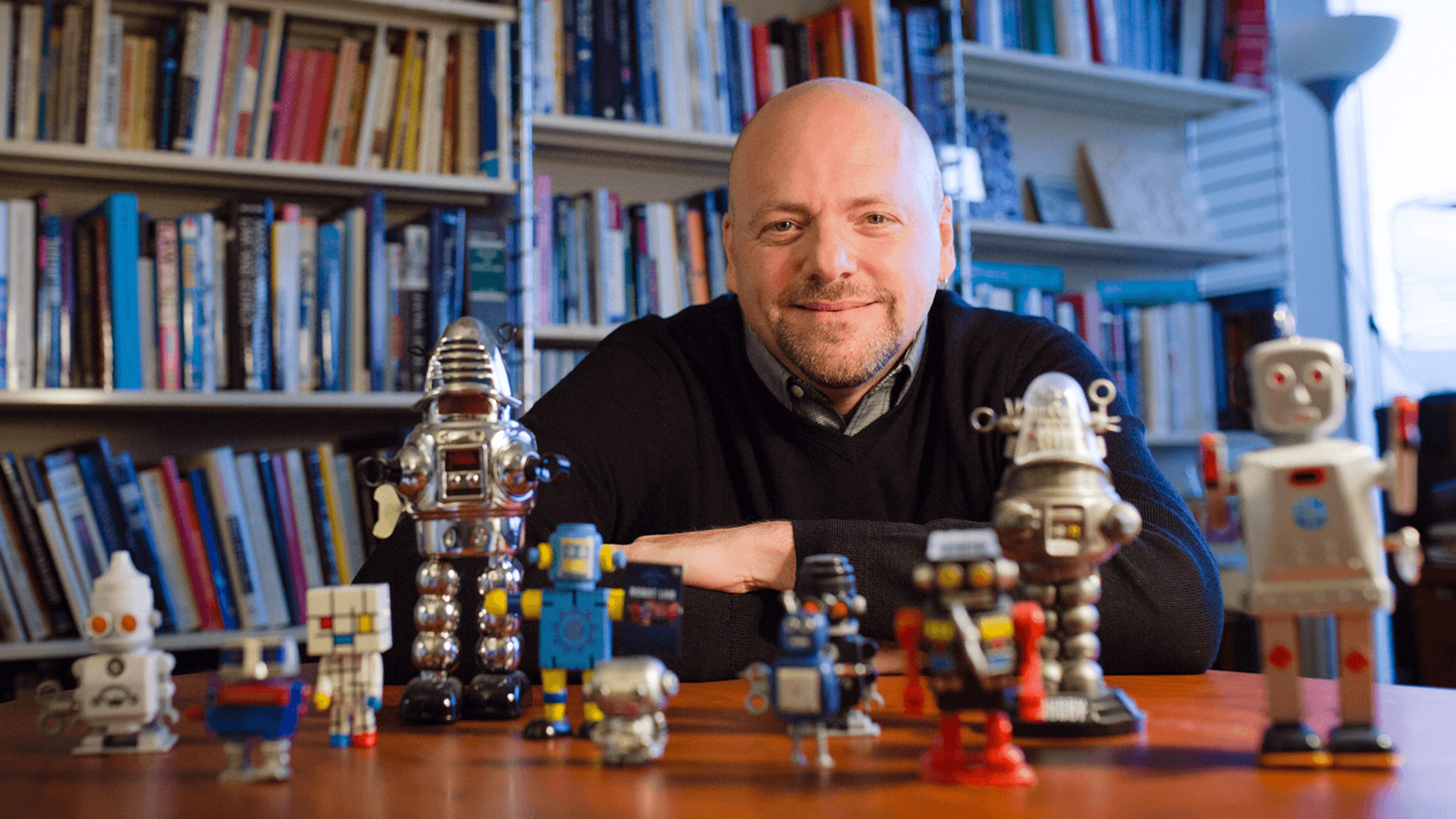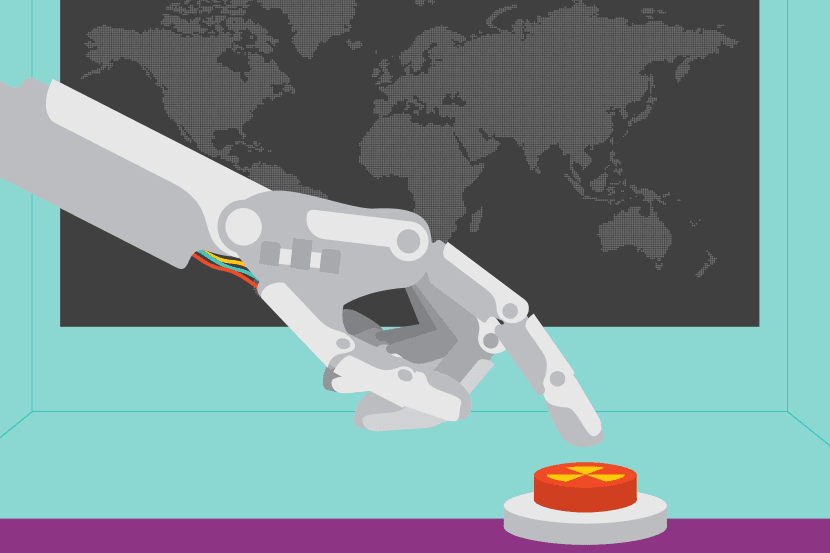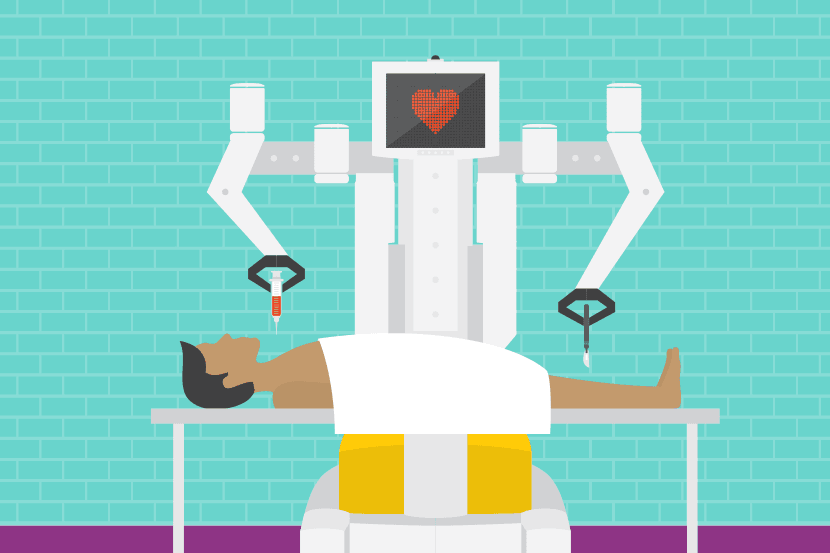Dr. Ian R. Kerr’s research focused on artificial intelligence (AI). Given all its promise, AI might be considered a great leap forward for humanity. Driverless cars have logged millions of kilometers with few accidents. Police rovers go where humans fear to tread to remove dangerous objects. Medical robots operate with extreme precision to perform life-saving surgery.
But not so fast, said Ian Kerr, whose job was to question what all this means. The former uOttawa law professor and Canada Research Chair in Ethics, Law and Technology warned that AI’s incredible potential is not an unmitigated good.
Artificial intelligence creates systems that can function without human intervention or oversight. For better and worse, we are letting robots out of their cages and intentionally giving them more freedom.



